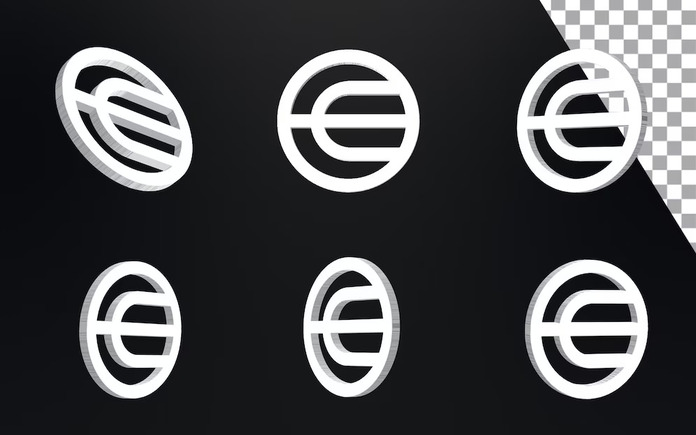This post was originally published on this site

Worldcoin, a rising player in the decentralized identity space, recently made headlines with a significant expansion of its World ID feature to the Solana blockchain through the Wormhole interoperability platform. This development, announced on September 13, comes as part of the Worldcoin Foundation’s efforts to extend its decentralized identity verification system across multiple blockchains.
Worldcoin Solana Integration: What You Need to Know
The expansion of Worldcoin’s World ID feature to Solana is the result of a grant from the Worldcoin Foundation aimed at broadening the reach of its identity solution. The World ID feature is designed to verify human identity using advanced biometric technology, specifically eye scans, to create unique IrisCodes. These codes are then used to generate World IDs, which are crucial for verifying human identities and combating the growing issue of bots in digital environments.
Although the integration has been announced, World ID is not yet active on Solana. The project’s smart contracts are currently undergoing a rigorous security audit, expected to be completed in the coming weeks. Despite this, the market reacted positively to the news, with WLD tokens surging by 10% to reach $1.61 before settling at around $1.51, according to CryptoSlate.
The Role of Wormhole in Worldcoin’s Expansion
At the heart of this integration is Wormhole, a leading cross-chain platform that facilitates interoperability between different blockchain ecosystems. Wormhole allows tokens, data, and smart contracts to move seamlessly across multiple blockchains, enabling developers to create applications that transcend a single network.
Through this integration, Solana developers will now have the opportunity to build decentralized applications (dApps) that prioritize human verification via World ID, while leveraging Solana’s speed and efficiency. Wormhole will facilitate this by enabling Solana-based protocols to authenticate World IDs that were originally verified on Ethereum, where World ID was first deployed.
Robinson Burkey, co-founder of the Wormhole Foundation, stated, “Bringing World ID to Solana is a big step forward for identity verification. With the integration of World ID and Wormhole Queries, developers can now easily build applications that prioritize real users across chains, improving trust in decentralized ecosystems.”
World ID and the Fight Against Bots
Worldcoin’s mission, centered around the World ID, aims to tackle one of the most pressing challenges in the digital age: verifying human identity in an increasingly automated world. Bots have become a widespread problem across various online platforms, often engaging in activities like spamming, fraudulent transactions, and manipulating online voting or feedback systems.
World ID uses Orb devices to scan users’ irises, generating a unique IrisCode that acts as proof of their identity. This biometric verification ensures that the person interacting with decentralized applications or digital services is a real human, helping to build trust in decentralized systems.
By expanding this capability to Solana, Worldcoin hopes to empower developers on the Solana network to build applications that can differentiate between real users and bots. This move could enhance the quality of decentralized finance (DeFi) platforms, non-fungible token (NFT) marketplaces, and other dApps by ensuring that interactions within these ecosystems are genuine.
Solana’s Growing Role in Decentralized Identity
Solana has long been praised for its high-speed transactions and low fees, making it one of the top blockchain networks for DeFi, NFTs, and gaming applications. The integration of Worldcoin Solana identity verification through World ID is expected to add a new layer of trust and security to the network.
With the introduction of World ID, Solana developers will be able to create applications that require identity verification, opening up new possibilities for use cases such as voting systems, fair NFT drops, and more secure financial transactions. Moreover, by utilizing the Wormhole platform, these applications can tap into cross-chain functionality, potentially enabling a new level of interoperability for identity verification across blockchain networks.
The Broader Implications for Blockchain and Digital Identity
The integration of World ID into the Solana ecosystem represents a broader shift toward decentralized identity solutions in the blockchain space. As the world becomes more digitally connected, the need for secure, verifiable, and decentralized ways to prove one’s identity will only grow.
With the addition of Solana, Worldcoin is making strides in positioning itself as a key player in this emerging sector, offering a solution that could be widely adopted across various blockchains and applications.
As the security audit of the smart contracts is finalized and World ID becomes fully operational on Solana, the true impact of this integration will be seen. For now, the positive market reaction suggests that investors and developers alike are optimistic about the potential of Worldcoin’s vision for decentralized identity.
Featured Image: Freepik
